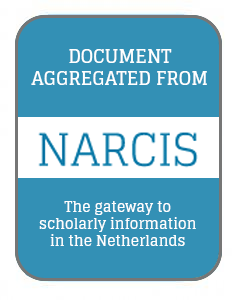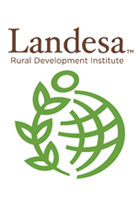Participatory land delivery processes in Gobabis: the case of Freedom Square.
The project in question refers to the case of 'Freedom Square' in Gobabis, which is a cooperation between the Municipality of Gobabis and the Shack Dwellers Federation of Namibia (SDFN), the Namibia Housing Action Group (NHAG), the Namibia University of Science and Technology (NUST), and other international parties. The project is motivated by an agenda of 'inclusive cities': through close collaboration with existing residents in the area, the process of land delivery is expedited and turned into an exercise of making inhabitants drivers in the improvement of living conditions.



